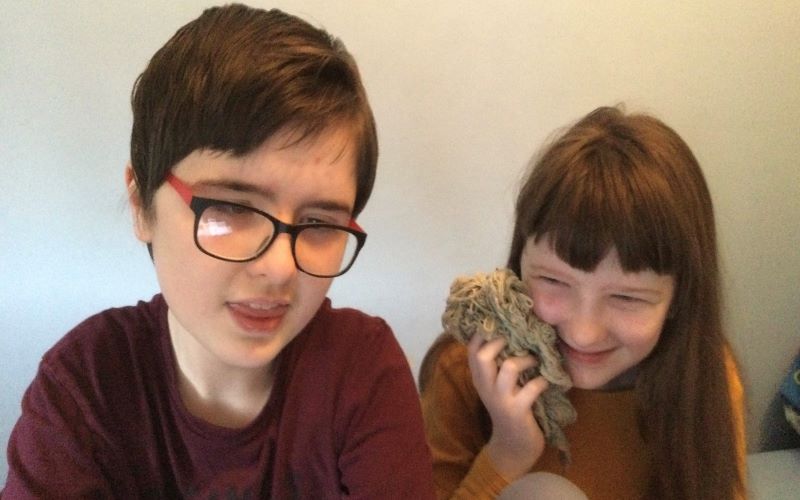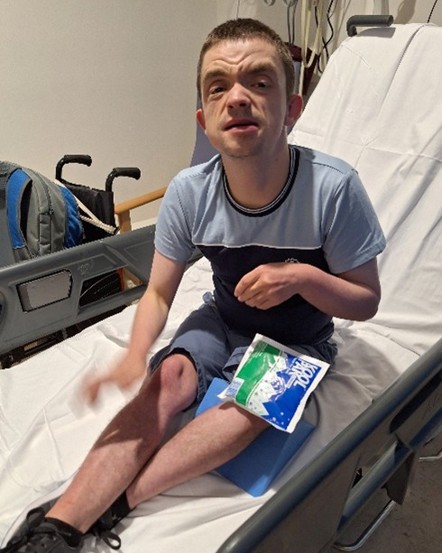Differently Disabled

Miriam Gwynne
Full time mum and carer for two truly wonderful autistic twins. I love reading, writing, walking, swimming and encouraging others. Don’t struggle alon...

How do you define disabled?
Friends and contacts who know my family will know that both my twins are diagnosed autistic.
However, if you asked them which of my children is the most disabled pretty much every person would say my son.
After all he’s the one who attends an additional needs school and always has done since he was 4.
He’s the one who has no verbal communication.
He’s the one still in nappies at 12.
He’s the one who can’t read or write, needs 24 hour care, has challenging behaviour and learning difficulties.
He’s the one with complex medical issues.
He’s the ‘obviously disabled one.’
Yet both of my children are disabled; they just present differently.
Because my daughter attends mainstream school many don’t see her as disabled.
Because she can speak it’s assumed she has no communication difficulties.
Because you can’t see a nappy under her clothes it’s assumed she has no continence issues.
Because she can read fluently, write neatly in sentences, behaves and obeys and she has no learning difficulties she is clearly ‘not disabled.’
Because she hasn’t got complex medical needs she must be fine.
She looks ok so she must be ok.
That isn’t how disability works!
My daughter might be able to read and write and speak but she still has communication and processing difficulties.
She might attend mainstream school, but her social skills and emotional maturity are not that of her peers.
You don’t see her anxiety, her sleep issues, her complex eating issues, her lack of friends, her literal thinking, her sensory issues, her poor balance, her weakness and her absolute need for routine.
People are too quick to see the obvious and miss the hidden.
They assume if they can’t see something it mustn’t exist.
They think my daughter doesn’t deserve the disabled parking permit or allowances and I am accused of poor parenting, pandering to her and pretending she’s disabled, whereas the same people would never dream of suggesting any of this for her twin brother.
Yet, ironically, in many ways her disabilities are harder.
My son has no awareness of his own disabilities but my daughter does.
The expectations on my son are, sadly, very low.
The expectations on my daughter are often too high.
Getting support for my son hasn’t been too hard.
Getting support for my daughter has been a huge battle.
How do you define disabled?
Some very positive people prefer to answer that as ‘differently abled’.
In the case of my twins it is simply differently disabled.
Don’t judge disability or ability on only what you see.
Remember people can be disabled for all different reasons.
My twins exemplify that so well.


